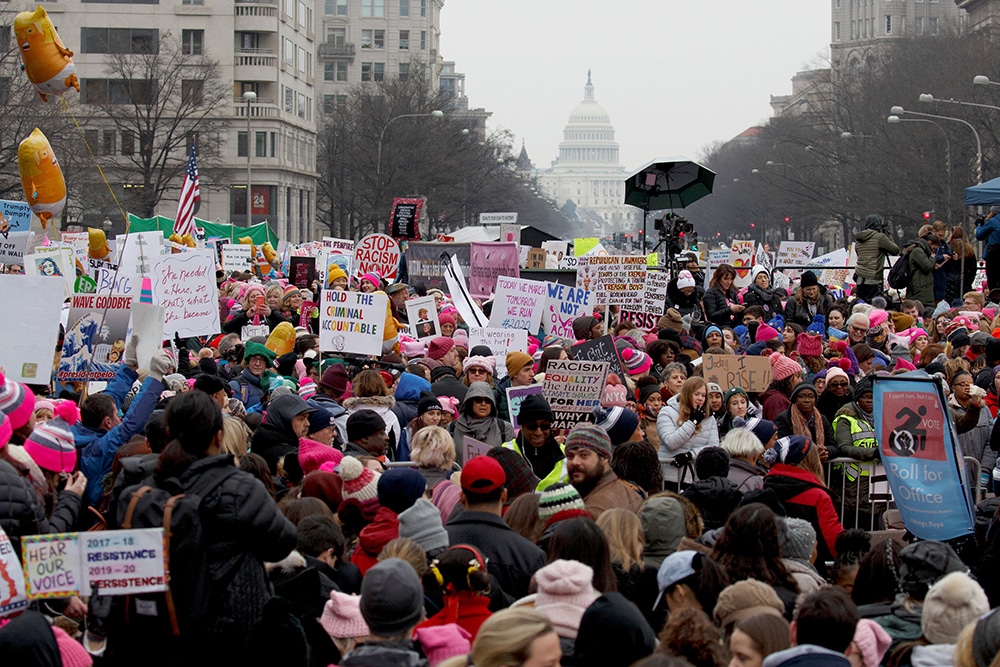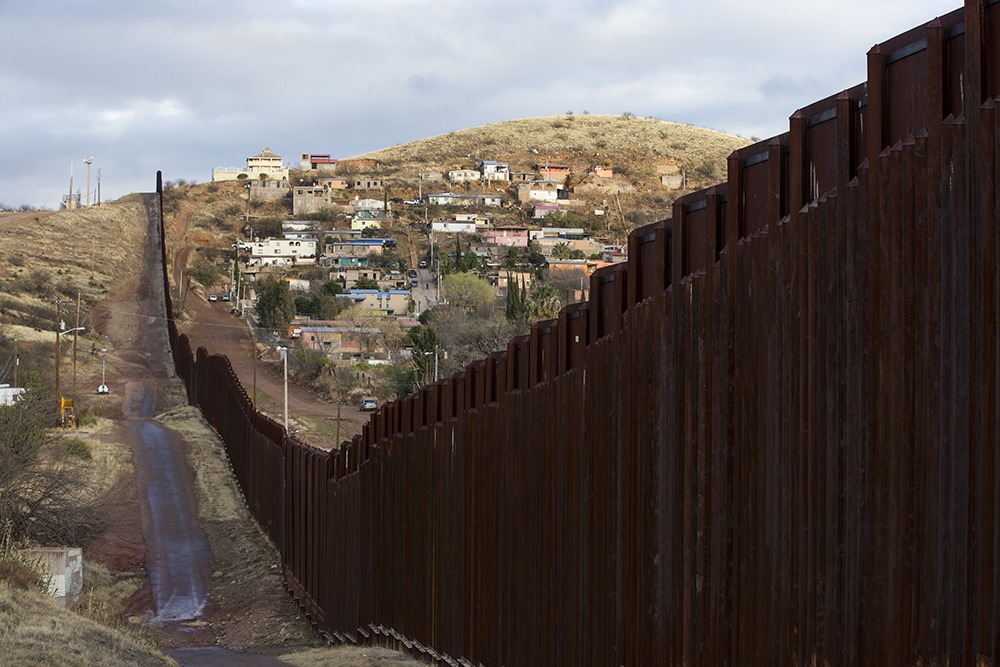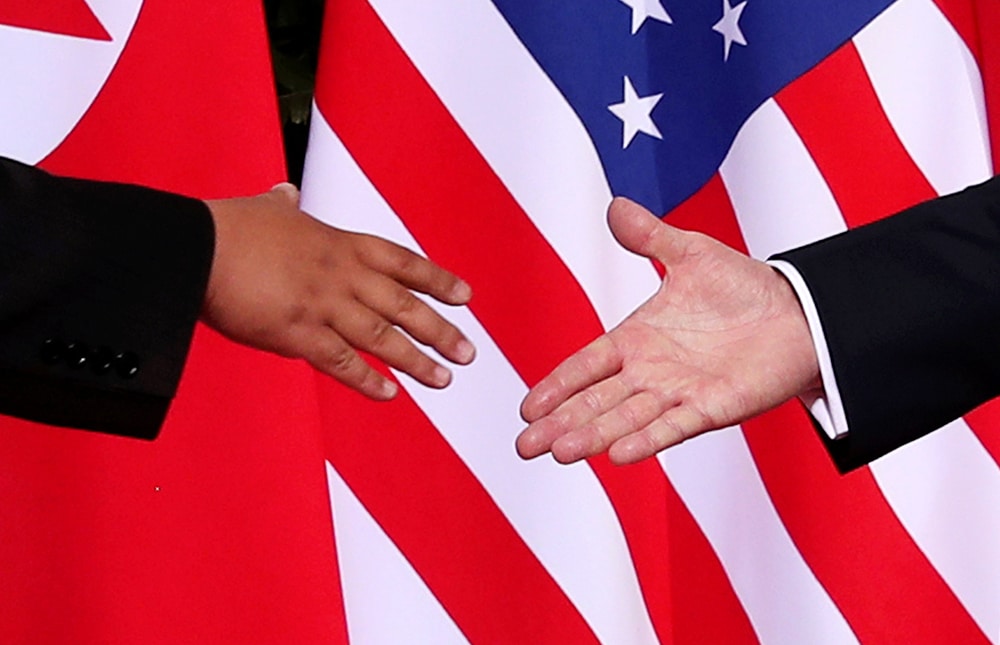 For once, Catholics did not make the headlines when it came to religious leaders and sexual impropriety. Recently, that distinction went to Southern Baptists, the nation’s largest Protestant denomination. (It is estimated that 100 million persons are Baptists worldwide, more than 15 million of them being in the United States.)
For once, Catholics did not make the headlines when it came to religious leaders and sexual impropriety. Recently, that distinction went to Southern Baptists, the nation’s largest Protestant denomination. (It is estimated that 100 million persons are Baptists worldwide, more than 15 million of them being in the United States.)
The Baptist movement, following a very strict, literal interpretation of the Bible and characterized by communities not bound to each other in any hierarchical sense, traces back to 1609. It was a reaction to the Protestant Reformation and to what was perceived as the Church of England’s less than total separation from Catholicism.
“Southern” came into the name in 1845 when Baptists in the United States, chiefly living in states where slavery was dominant, formed their own body, disagreeing with Baptists who opposed slavery. (Methodists also split on the slavery issue, but they eventually reconciled.) The Southern Baptist Convention is a voluntary association of many Baptist congregations. These congregations annually send representatives, or “messengers,” to a convention. The recent convention, widely reported in the media, met in Dallas, Texas, in early June.
In Dallas, the hot-button issue was not about race, or world peace, or welcoming immigrants — although they were concerns — but rather the abuse and, if nothing else, the disrespect, of people by clergy and others in official roles in Southern Baptist congregations. Many Southern Baptist leaders, and people in the pews, find sex abuse, as well as misconduct and discrimination involving women, utterly contrary to the Gospel.
Less emphasized, but not overlooked, was child sexual abuse by clergy in Dallas. Several years ago, charges were heard, declaring that ministers had sexually assaulted boys as well as girls. Just as is the case in the Catholic Church, these accusations are heard less often today. The Southern Baptist clergy accused of molesting youth inevitably were husbands and fathers. So what? It merely confirms what experts already know, but even some Catholics ignore: namely that celibacy does not lead anyone to the sexual abuse of children. Actually, most pedophiles are spouses in traditional marriages.
Historically, tensions, not rarely quite intense, have existed between Baptists and Catholics, in Europe and then in this country. A particularly fiery difference of opinion occurred in the 1920s over the manufacture and sale of alcoholic beverages. Baptists fought to outlaw liquor, and Prohibition was the law of the land from 1920-33.
Baptist dislike for the Catholic papacy prompted many Baptists, from the top down in the denomination, to oppose — at times, indeed often, in ways and words utterly ridiculous — the attempts of Catholics Alfred E. Smith, in 1928, and John F. Kennedy, in 1960, to win the U.S. presidency, assuming that each, if elected, would be a robot for the pope.
Somewhat dulling Baptist fears of Catholicism were the patriotism of Catholics during the wars, and virtually universal Catholic rejection of Communism after the war, beginning with Pope Pius XII himself. It did not hurt that the symbol of total repudiation of Communism in this country was U. S. Senator Joseph R. McCarthy, (R.-Wis.), a strong, practicing Catholic. Then came common responses to abortion, marriage questions, personal morality and, more happily, scholarship in studying the Bible.
Distinct differences still lie between Catholics and Baptists, but Baptists have magnificently enriched the human sense of godliness and righteousness throughout history.
Msgr. Owen F. Campion is OSV’s chaplain.






